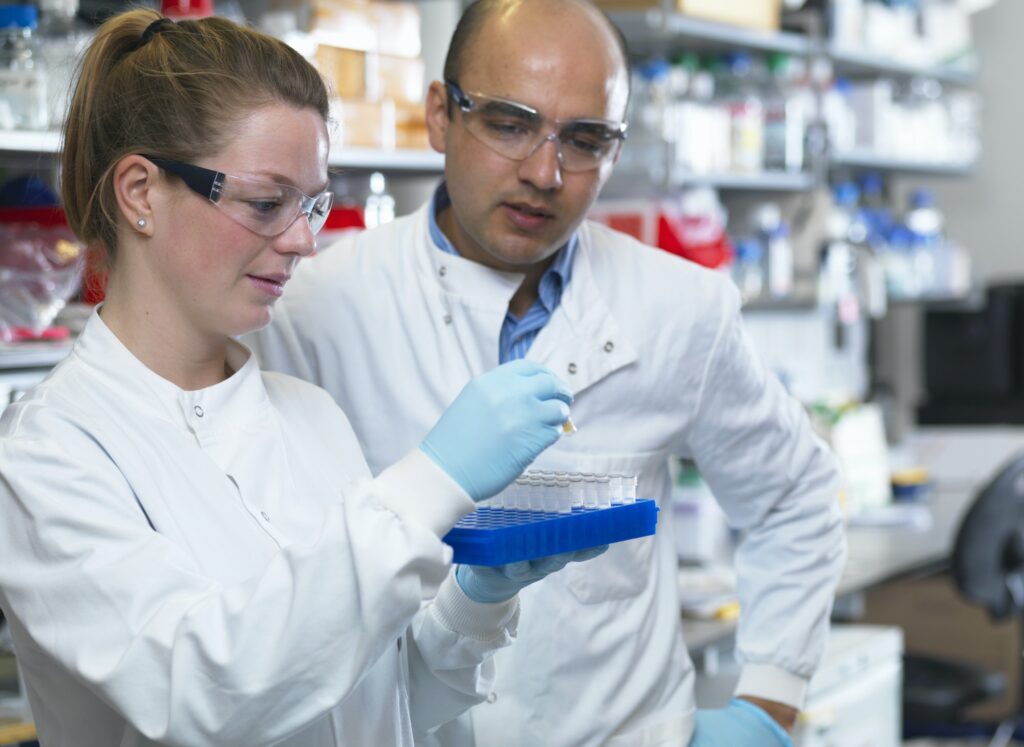On March 16th, Mi-Helper, Inc. and ObvioHealth reportedly declared a collaboration to carry on a decentralised clinical trial (DCT) in order to analyse the effectiveness of a non-invasive neuromodulation (nVNS) device.
This nVNS device, called Mi-Helper, is expected to facilitate the treatment of migraines.
According to NeuroNews, the device will be used for a randomised, controlled, and fully remote clinical trial where patients with migraine issues will be able to record essential data from the comfort of their homes.
The partnership will ensure a cost-effective and accessible remedy for this debilitating neurological condition that affects around one billion people across the globe.
Migraines: a Quick Overview
Migraines are described as miild to severe headaches that cause intense, throbbing pain. The burden and prevalence of self-reported migraine and severe headaches in the adult population in the USA are high, affecting more than 39 million Americans, according to Migraine Research Foundation.
In addition, roughly one in every seven adults in the U.S. suffer from migraines. The economic costs of migraine-based diseases were evaluated to be USD 36B in 2016, taking into account the factors such as loss of productivity (i.e., inability to work) and medical costs, according to the NIH.
On top of that, in a recent study published in AANP, more than 40% of migraine patients reported dissatisfaction with existing treatments because of precautions, tolerability issues, lack of efficacy, or contraindications between medications.
The Collaboration will Facilitate Migraine Treatment
With the partnership, both companies expect to devise a more targeted, effective, and non-drug pain management system for people suffering from migraines.
A small, non-invasive therapy device, the Mi-Helper delivers an on-demand stream of conditioned air intermixed with nebulised mist to the mucosa membranes in the nose to help recover from migraine pain and related symptoms, for instance, photosensitivity and nausea.
“We are working with the top headache neurologists in the world to inform our clinical studies,” said Steve Schaefer, CEO of Mi-Helper. “And, we are committed to delivering a paradigm shift for migraine treatment—fast, accessible, and affordable relief for this highly complex and debilitating neurological disease.”
With the partnership, both companies are committed to increasing diversity in the trial by enrolling the underrepresented social, racial, and ethnic minority groups from all over the continental United States.
“Mi-Helper and ObvioHealth are dedicated to inclusivity,” said Ivan Jarry, CEO of ObvioHealth. “By designing a decentralised clinical trial without the need for physical site visits, we can recruit patients anywhere in the continental United States, including underserved communities. This will provide Mi-Helper with essential data on a real-world population in a real-world setting and should help to ensure that the device, when launched, can serve a broad population.”
Featuring a DCT-based adaptive design, the study is expected to start enrolling participants this summer.
The ObvioGo app, which will be used for conducting remote study, is expected to improve patient centricity in the trial by allowing patients to participate, consent and document any critical conditions remotely.
ObvioHealth has confirmed that its experienced COACH team will ensure remote and real-time monitoring of patient safety and compliance.

